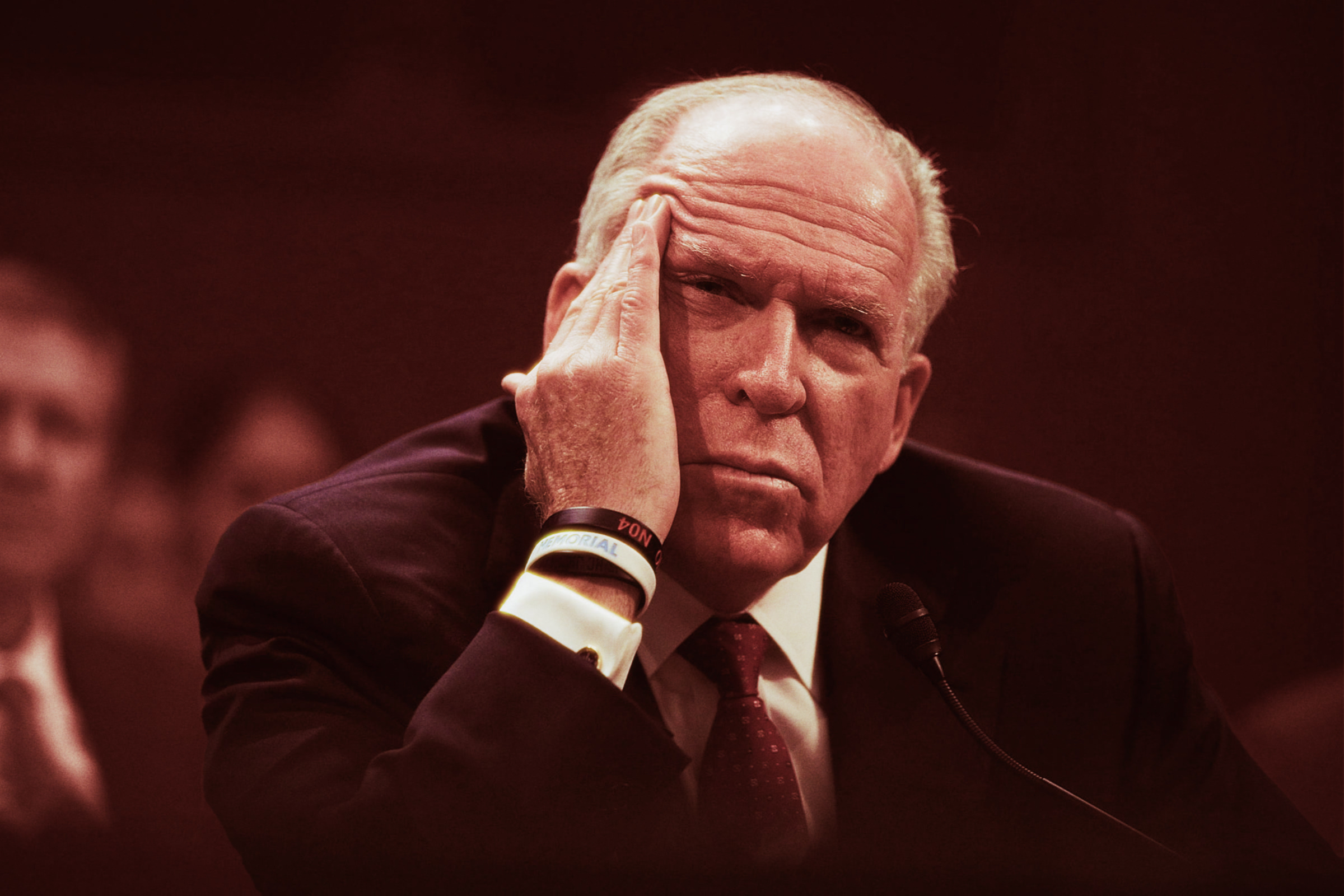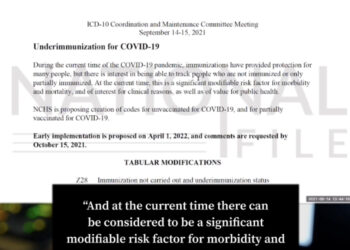Last Updated on October 30, 2019
Supporting somebody for their weight loss is now considered to be ‘fatphobic.’
As part of the movement promoting ‘body positivity,’ fatphobia has become a mainstreamed term as an act of unwanted transgression against somebody’s being fat.
Fatness, for certain political activists, is now a form of identity as an extension of radical left-wing ideas, often thinly veiled as a cudgel to critique Western society.
Fatphobia is an indictment of Western bigotry, for some; who suggest that, without Western intolerance, fatphobia would cease to exist.
Others, critical of the outgrowth of so-called fatphobia, have labeled the movement an excuse for one’s failure to take personal responsibility for one’s actions.
https://twitter.com/OrwellNGoode/status/1189574795421204483
In an opinion piece published by The Independent, the author criticizes those who complimented Adele’s impressive weight loss as ‘fatphobia.’
Social media users had praised the singer for her improved appearance as she appeared at Drake’s Birthday Party.
The author states:
For me, this was far from unexpected. It merely confirmed that we live in a society which idealises thinness and celebrates weight loss as inherently positive. The underlying premise behind the reaction to Adele’s photos was a) the assumption that her “old” body was “wrong” and b) that she made a deliberate and “healthy” choice.
The notion of fatness is implicitly viewed as less attractive or healthy–which, for many, is a popular view.
While some forms of extreme weight loss and yo-yo dieting are very unhealthy and unsustainable, the author calls out the perception that Adele’s weight loss–or any other weight loss, for that matter–is voluntary:
Quick weight loss can be the unintended result of a mental or physical condition. It is common knowledge that Adele is in the process of a divorce – a deeply traumatic and stressful experience for anyone, let alone someone in the public eye. Yet, when these photos were released, there was a distinct lack of concern for her welfare. Studies have shown that stress can cause a whole range of digestion problems, including loss of appetite. While many of us respond to mental health challenges by comfort eating, some people struggle with disordered eating as a response to depression or anxiety.
The author challenges the approach to weight loss given how a range of health conditions may affect one’s weight.
However, the use of the suffix ‘-phobia’ is an inherently metapolitical term affiliated with hard-left causes.
Some, as previously mentioned, have politicized their fatness as a means to achieve status and clout.
Fatness isn’t something to be lauded or tolerated–it is a symbol of a gluttonous materialistic world incapable to self-discipline, responsibility, and the consequences can be deadly.




















